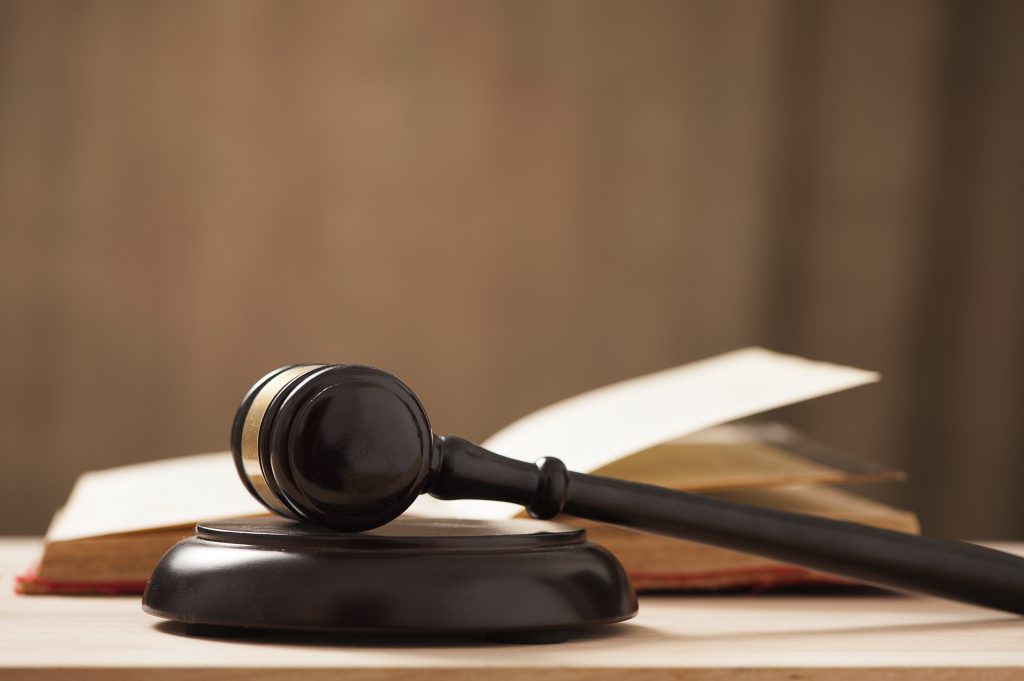Appellate law is a highly specialized field that requires fastidious scrupulousness, immense information on legal points of reference, and prevalent writing and oral contention abilities. Appellate lawyers in Florida face a novel arrangement of challenges that differ significantly from trial attorneys.
Their work fixates on legal errors made during trials and appeals to higher courts, for example, the Florida Area Courts of Appeal or the Florida Supreme Court. To explore this complex process successfully, appellate lawyers should comply with a trained and organized everyday practice.
Research: The Foundation of Appellate Practice
One of the critical obligations of appellate lawyers in Florida is leading careful legal research. Not at all like trial lawyers who focus on evidence and witness declaration, have appellate attorneys focused on legal arguments and the understanding of the law. Research is the foundation of their daily practice, and it frequently consumes an enormous piece of their day. They should be specialists in understanding how earlier cases were chosen, particularly those that set restricting legal trends in their locale.
Appellate lawyers go through hours poring over case law, rules, and legal hypotheses to track down important points of reference that help their client’s situation. They search for any misapplication of the law in the first trial, planning to argue why the lower court’s decision should be upset. This stage likewise includes investigating established issues, resolutions, and state laws that could impact the outcome of the appeal.
In Florida, where the appellate process can be especially nuanced because of state-specific laws, appellate lawyers should keep awake to-date on advancing legal patterns. Being know about late decisions in Florida’s appellate courts is basic to creating convincing legal arguments.
Brief Writing: The Center of Appellate Advocacy
Appellate advocacy is essentially written advocacy. After finishing their research, the next crucial step in an appellate lawyer’s normal is drafting legal briefs. A legal brief is a written report that presents a lawyer’s contention for why the appellate court should either maintain or reverse the lower court’s decision. Writing these briefs is a careful process that requests accuracy, lucidity, and enticing thinking.
In Florida, appellate lawyers should keep severe procedural guidelines and arrangements when submitting briefs. These rules frequently direct everything from the length of the brief to the association of the arguments. Each point made in a brief should be upheld by legal point of reference or resolution, requiring a profound understanding of both current realities of the case and the law.
Since appellate judges essentially base their decisions on these written briefs, appellate lawyers in Florida should give excellent consideration to how they approach their arguments. Their capacity to introduce a clear and compact story is vital to their client’s success. Drafting these records frequently requires days or even weeks, as lawyers regularly reconsider their briefs to guarantee the best conceivable presentation of their arguments.
Oral Arguments: The Last Phase of the Appeal
While a significant part of the appellate process is focused on written advocacy, oral arguments are likewise a basic piece of an appellate lawyer’s daily practice. Oral arguments permit appellate lawyersto put forth their viewpoint to a board of judges by and by. In these meetings, attorneys have the opportunity to clarify focuses made in their briefs and answer the judges’ inquiries straightforwardly.
Planning for oral arguments requires a different arrangement of abilities than brief writing. Appellate lawyers should be prepared to think and react quickly, answer extreme inquiries, and protect their arguments under a magnifying glass. This includes practicing their presentations on numerous occasions, frequently rehearsing with partners or counterfeit boards to guess what questions could emerge during the meeting.
Albeit oral arguments normally simply last between 15 to 30 minutes, the planning paving the way to them can require weeks. Lawyers should distil their extended written arguments into succinct verbal statements while being ready to digress from their content if the judges steer the discussion somewhere new.
Managing Multiple Cases Simultaneously
Dissimilar to trial lawyers who might focus on a solitary case for a lengthy period, appellate lawyers frequently work on a few cases all the while. This requires uncommon hierarchical abilities and using time effectively. Shuffling various appeals implies monitoring different deadlines for filing briefs, showing up at hearings, and directing research.
In Florida, appellate lawyers may be working on cases at the state appellate level or the government appellate level, each with unmistakable procedural prerequisites. Using time effectively becomes basic as missed deadlines can bring about a case being excused. Numerous appellate lawyers depend on refined case the board programming to keep steady over their different obligations.
Collaborating with Trial Counsel
Appellate lawyers regularly don’t engage in that frame of mind until after the trial has finished up. Hence, they should team up intimately with the trial attorney to understand the subtleties of what occurred in the lower court. This relationship is essential to identifying possible legal errors and building a contention for appeal.
Trial records, including records, evidence, and movements documented during the trial, are basic snippets of data that appellate lawyers dissect. They work with trial advice to guarantee no significant detail is neglected. A decent working relationship with the trial lawyer can have the effect between a successful and unsuccessful appeal.
Continuous Education and Development
Appellate law is continually advancing. New points of reference are set consistently, and changes in the law can decisively influence the outcomes of appeals. Thus, appellate lawyers should focus on constant education to learn and develop their skills of representing clients in an appellate court more conveniently. Going to legal workshops, staying aware of late court decisions, and remaining informed about administrative changes are indispensable pieces of their daily practice.
Numerous appellate attorneys additionally participate in writing legal articles or talking at law meetings, assisting with forming the fate of appellate law. This obligation to lifelong learning improves their legal abilities as well as upgrades their standing in the legal local area.
Concluding Remarks: The Commitment of Appellate lawyers in Florida
The everyday daily practice of an appellate lawyer is one of serious focus, restrained research, and exact writing. From breaking down trial records and leading legal research to drafting convincing briefs and introducing oral arguments, appellate lawyers face a difficult and mentally requesting calling.
For anybody facing an appeal, understanding the commitment and exertion that appellate lawyers in Florida put into each case can give true serenity. If you’re needing experienced appellate representation, consider going to a believed firm like Brownstone Appeal Lawyers. With their expertise and a demonstrated history in appellate law, they can assist with exploring the complexities of the appellate process.
Keep an eye for more news & updates KongoTech!



